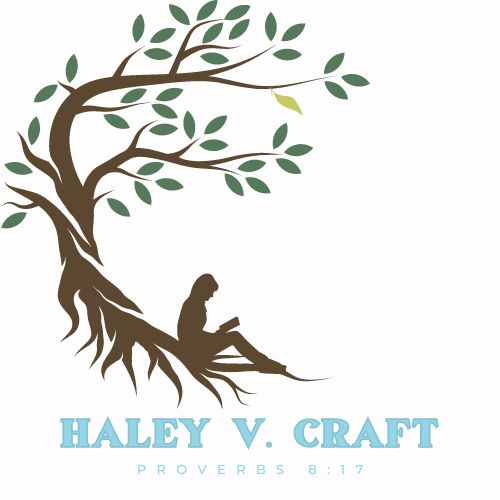And when the crowds saw what Paul had done, they lifted up their voices, saying in Lycaonian, “The gods have come down to us in the likeness of men!”
—Acts 14:11
I don’t know if you’ve noticed this, but there are just some verses in the Bible that don’t seem to hold a whole lot of deep spiritual truth on their own. Some verses you can look at all by themselves and see spiritual principles to live by, but I’m guessing today’s verse probably isn’t one of them unless you add in a little context.
At this point in Acts, Paul is traveling with Barnabus. Chapter fourteen starts when they reach Iconium, which had a population that contained both Jews and Gentiles. The initial reception of the gospel message seemed positive. Verse one says, “a great number of both Jews and Greeks believed.” But it didn’t take long for things to go wrong.
The problem was that a large portion of the Jewish population did not believe the message Paul and Barnabus were preaching and they didn’t appreciate the influence the missionaries were gaining. So what did they do? They turned the Gentiles and the rulers of the city against Paul and Barnabus with such success that they had the rulers’ support in attempting to stone them.
Somehow the dynamic duo heard of the plan and were able to escape, so they just kept going on their mission and ended up at Lystra. When they get there, they find a man who had deformed feet from birth and had never been able to walk. According to the Bible, Paul could tell that the man had faith to be healed, so Paul pulled a Jesus move and healed him.
The response of the people of Lystra is pretty amazing. They didn’t miss a beat. When they noticed what Paul did, they immediately began shouting that the gods had come to earth in the form of men. They got so riled up that the priest of Zeus started bringing things down to where Paul and Barnabus were for a sacrifice.
As we’d expect, Paul and Barnabus did their best to explain that they’re not gods, but according to verse eighteen, “Even with these words they scarcely restrained the people from offering sacrifice to them.” I’m not sure what this looked like, but I can almost see Paul going through his whole explanation (vs 15-17), pausing to see if the crowd understood, and then hearing the priest say, “So you’re saying Zeus (Barnabus) doesn’t want a sacrifice right now? Does he prefer tomorrow?”
Here’s what strikes me about this passage. It was God’s own people in Iconium who refused to believe Paul and Barnabus even though verse three says God allowed them to perform signs and wonders for them. Fast forward to Lystra and the missionaries heal one man and the people are jumping at the chance to worship the gods in person.
The difference is one of expectation. The Jews had gone through 400 years of silence from God. There had been no prophet to guide the people until John the Baptist, and I’m guessing the Jews trying to stone Paul hadn’t thought very much of him or the Messiah who came after him. Their understanding of God was one of a great, vast God who could not stand the presence of sinful men. There was an expectation of distance and maybe even an expectation of silence.
With the Greeks, the expectation was different. Greek mythology is full of stories of how the gods would meddle in human affairs, often in less than wholesome ways. While the gods they believed in were horribly flawed and not always particularly good, they had an expectation that the gods would come for a visit once in a while.
To me, it’s nothing less than a tragedy. We now know that Yahweh is a God who longs to be with His people. He paid the absolute highest price just to win back the opportunity, but His own chosen people didn’t know Him well enough to understand that and welcome His presence. May this never be the case with us!
This week, let’s take a closer look at what we expect of God. It’s an issue of faith. Do we approach God expecting to be cared for and provided for or do we expect to be ignored because we aren’t important enough?
For those of us who find they lean toward the latter, I hope you will step into the joy of knowing your Father is always eager to draw near! As we approach our Heavenly Abba in prayer this week, let’s make sure we remind our hearts to expect our Father’s kindness and love and goodness and joy because He’s ready to shower it on us.






0 Comments